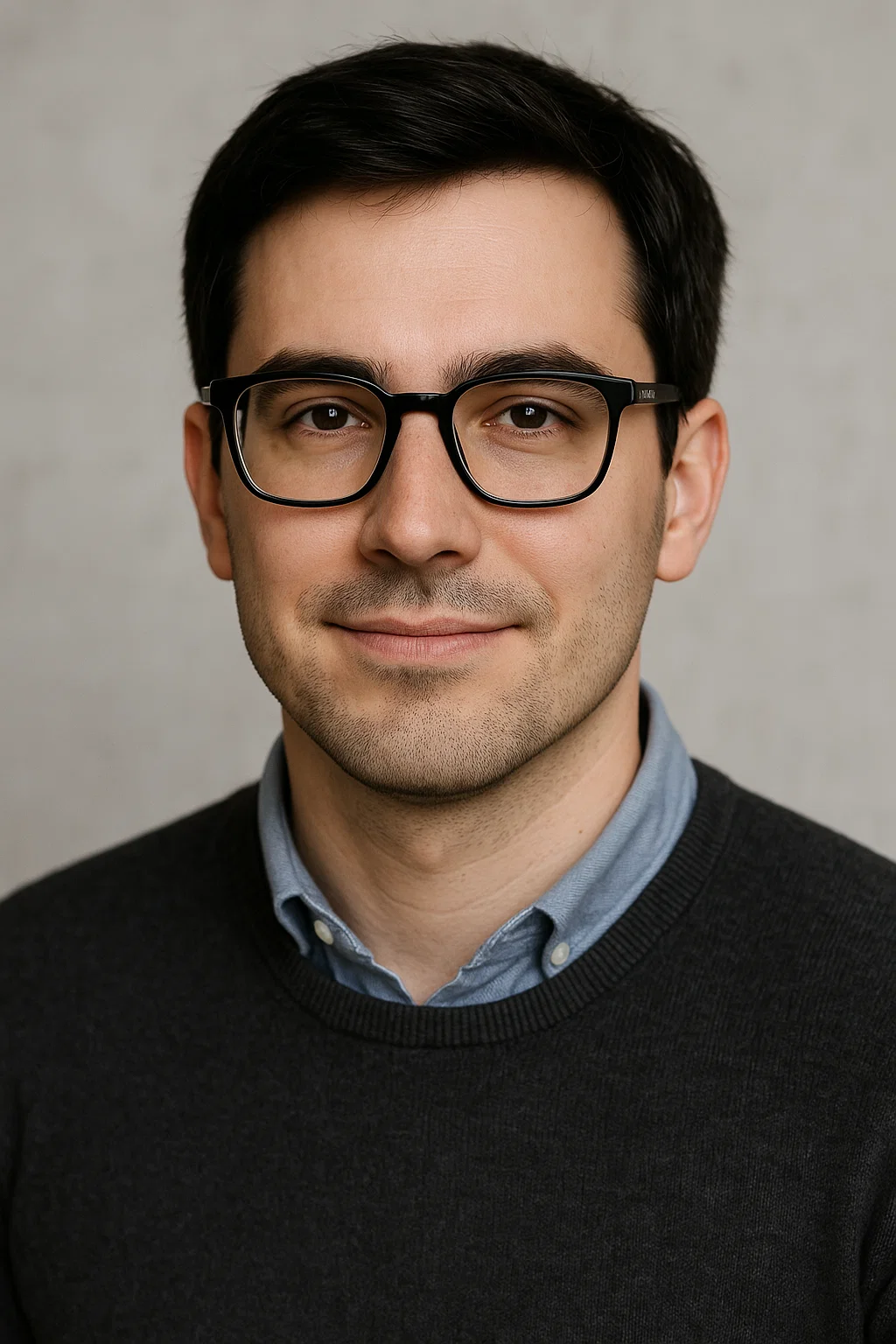
You’ve probably heard someone say, “Don’t talk to me until I’ve had my coffee.” Maybe you’ve even said it yourself. But why do some people feel they absolutely cannot function without their morning cup of coffee, while others seem unaffected? Is it just a habit — or is there something deeper going on in the brain and body?
In this article, we explore the science and psychology behind this powerful connection between people and their coffee. From neurotransmitters and withdrawal symptoms to psychological conditioning and morning routines, here’s why some people truly feel incomplete without caffeine.
The key player in coffee’s powerful grip on the body is caffeine, a natural stimulant found in coffee beans. When you drink coffee, caffeine enters the bloodstream and quickly reaches the brain. There, it works its magic by blocking adenosine receptors, the same receptors responsible for making you feel tired.
As a result, neurons fire more rapidly, and your brain increases production of dopamine and norepinephrine — two neurotransmitters associated with alertness, focus, and improved mood. This makes you feel more awake, more energized, and more motivated.
This chemical reaction is what creates that “switch-on” sensation that coffee lovers experience every morning.
When you drink coffee every day, your body starts to adapt. Over time, the brain may respond to the presence of regular caffeine by creating more adenosine receptors, trying to balance out the constant stimulation.
This means two things:
This is called caffeine dependence — not the same as addiction, but a form of physical reliance. Missing your usual dose can lead to symptoms like:
These symptoms are strongest around 12 to 24 hours after your last cup and usually peak at 48 hours. That’s why some people feel like they “can’t function” without coffee — it’s their brain reacting to the sudden absence of a substance it has grown used to.
Beyond the chemical effects, coffee plays a major psychological role in daily life. For many, it’s not just about caffeine — it’s about the ritual.
Waking up, brewing a fresh cup, smelling the aroma, and sipping slowly is a soothing, reliable process that signals the start of the day. It can be comforting, grounding, and even meditative.
This daily repetition becomes a conditioned cue: your brain learns that coffee = time to work. Over time, your performance, focus, and energy levels become psychologically linked to this routine.
So even if caffeine didn’t have any real effect, the act of drinking coffee would still feel essential — that’s the power of habit and association.
Some research suggests that certain personality traits might make people more prone to coffee reliance. For example:
This doesn’t mean drinking coffee is bad — but it highlights the importance of understanding your own patterns and whether coffee is supporting your health or masking deeper issues like stress or sleep deprivation.
One of the most common reasons people feel like they can’t live without coffee is chronic sleep deprivation. When you don’t get enough rest, adenosine builds up, making you feel groggy and sluggish. Coffee temporarily blocks that feeling, making you feel “normal.”
However, if you drink too much coffee — especially late in the day — it can disrupt your sleep, leading to another tired morning, and another cup of coffee. This becomes a self-perpetuating cycle of poor sleep and caffeine compensation.
Breaking this cycle requires a conscious effort to improve sleep hygiene, limit late-day caffeine, and allow the body to recalibrate.
While the term “addiction” is often used casually, true caffeine addiction is rare. Most medical experts classify caffeine dependence as a mild substance dependence, since it doesn’t lead to major behavioral disruptions or health consequences like stronger addictions can.
That said, the psychological dependence and physical withdrawal symptoms are very real — especially for people who consume high doses daily (more than 400 mg of caffeine, or about 4–5 cups of coffee).
For most people, coffee use is not harmful — but if you find yourself relying on it to feel normal or to get through the day, it may be worth reassessing your habits.
If someone who’s used to daily coffee suddenly stops, their body reacts. Withdrawal symptoms can include:
These symptoms usually resolve after a few days as your brain adjusts and reduces its adenosine receptors. Many people who temporarily quit coffee report that their natural energy levels eventually return, often with more stable moods and better sleep.
That said, quitting isn’t always necessary. Simply reducing intake gradually can minimize withdrawal and help reset sensitivity to caffeine.
This question depends on how and why you drink it. If you:
…then coffee can be a powerful tool to improve performance, alertness, and mood. In this case, it’s a helpful enhancer.
But if you rely on coffee to offset exhaustion, push through burnout, or avoid dealing with deeper health issues, it can become a crutch that masks problems instead of solving them.
The key is to ask yourself: Do I enjoy coffee — or do I need it just to feel normal?
If you’re looking to feel less dependent on coffee without quitting completely, here are some practical tips:
These steps can help you regain natural energy and make your relationship with coffee more balanced and enjoyable.
Some people really do feel like they can’t function without coffee — and that’s okay. Between caffeine’s powerful effects on brain chemistry and the comfort of ritual, it’s no surprise coffee holds such a strong place in our daily lives.
But if you feel trapped by your coffee habit or unable to perform without it, that may be a signal to reassess how you’re using it. With a little awareness and a few healthy habits, you can turn coffee into a supportive tool instead of a necessity — and still enjoy every delicious, mind-waking sip.

Gabriel Rodrigues é especialista em finanças pessoais e escritor, com ampla experiência em economia, planejamento financeiro e gestão de recursos. Apaixonado por ajudar as pessoas a alcançarem sua saúde financeira, ele explora temas variados, desde investimentos até estratégias de poupança. Quando não está escrevendo, você pode encontrá-lo estudando novas tendências financeiras e oferecendo consultoria para quem busca melhorar sua relação com o dinheiro.